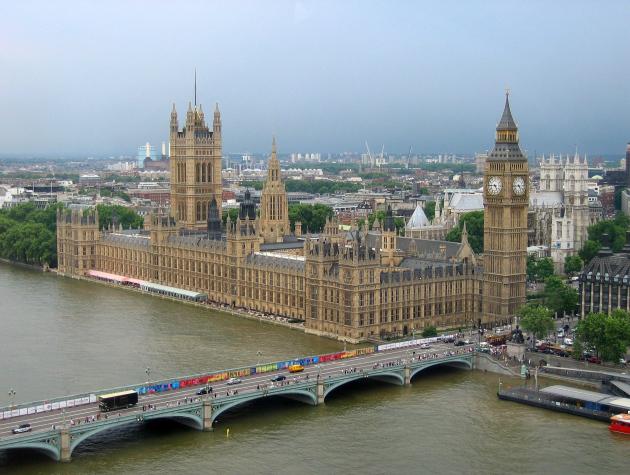Ripe for reform: UK scrutiny of international trade agreements
Abstract
Now that the UK has left the EU, the Government is negotiating trade agreements for the first time in almost 50 years. What role should Parliament play in scrutinising trade deals?
This paper compares current processes of parliamentary scrutiny in the UK, United States, European Union, Australia, and Canada. It shows how parliaments in the US and EU have extensive powers of scrutiny, including oversight of the negotiations, and a debate and vote on the trade agreement before it is ratified. In contrast, in the UK, Australia, and Canada, the negotiation and ratification of trade agreements is an executive power, and parliaments are not guaranteed a debate or vote on trade agreements before ratification. Their main role is to enact any legislation that is needed for the trade agreement to come into effect, but only some parts of an agreement may require implementing legislation, and this may be secondary legislation which is not subject to parliamentary debate. Unless changes are made, the UK’s future trade deals will receive less scrutiny than the trade deals it entered as part of the EU.
There are compelling reasons for strengthening Parliament’s scrutiny role. Contemporary trade agreements involve policy decisions that affect the everyday lives of citizens. Effective scrutiny would improve the quality of decision-making, provide leverage in negotiations, and reassure negotiating partners any treaty they negotiate with the UK will be ratified and implemented. Properly engaging devolved administrations and legislatures would respect devolution and ensure that all parts of the UK support negotiated outcomes. For scrutiny to be effective, Parliament needs access to much more information throughout negotiations and more time to scrutinise final agreements, and there are strong grounds for guaranteeing Parliament the opportunity to shape the negotiating mandate, and to debate and vote on treaties before they are ratified. This paper identifies practices in other countries that the UK can learn from.
Emily Jones is Associate Professor of Public Policy at the Blavatnik School of Government, University of Oxford.
Anna Sands is Research Officer at the Global Economic Governance Programme, Blavatnik School of Government, University of Oxford.







